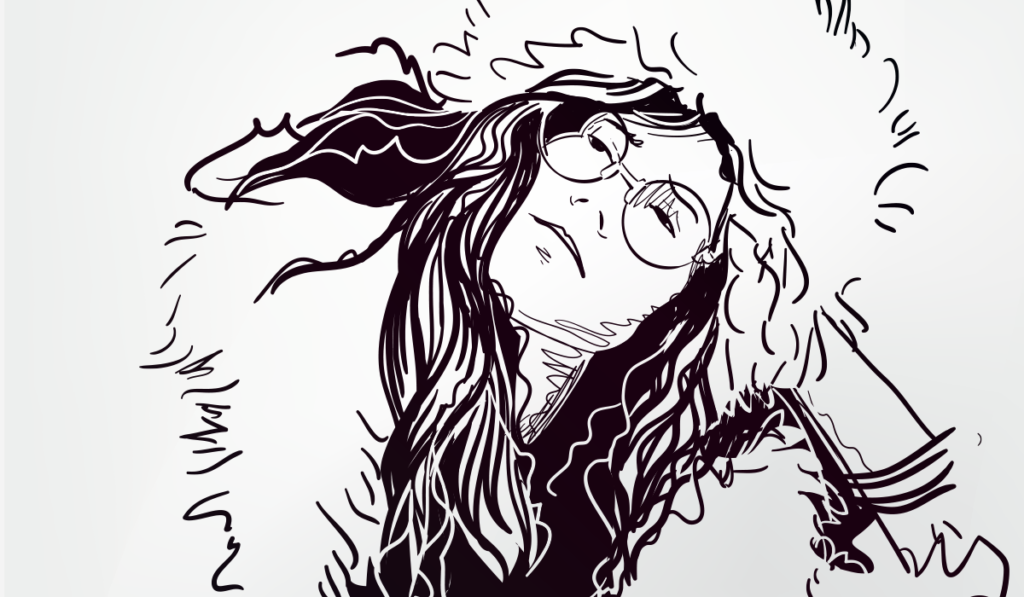
Gatsby believed in the green light, the orgastic future that year by year recedes before us. It eluded us then, but that’s no matter—tomorrow we will run faster, stretch out our arms farther. . . . And then one fine morning—
So we beat on, boats against the current, borne back ceaselessly into the past.The Great Gatsby, F. Scott Fitzgerald.
Copyright aficionados and creative types alike celebrate January 1st every year as the day that copyright expires in a slew of culturally relevant works—including as widely reported this year, the Great Gatsby. This is now known as Public Domain Day, referring to the concept that works that are no longer subject to the exclusive rights of authors/copyright owners enter the “public domain” (though that term does not appear in the Canadian Copyright Act).
The public domain is a treasure trove for educators, writers, musicians, filmmakers, and other artists. Consider as an example, you are a film instructor in Canada and you have developed an assignment where the task is for students to produce their own short film accompanied by music. Let’s indulge in a COVID fantasy and imagine that all of the students are creating their films on campus in Canada. Very few of us, let alone students, have the time and financial resources to license third party music. However, students can freely use music that is in the public domain.[i]
But what music is in the public domain? Let’s presume that a student’s film includes performing songs written by Janis Joplin. Since Janis Joplin died in 1970, her works are now in the public domain, no? Not so fast! Why? A work does not enter the public domain on a world-wide basis, as there is no ‘global’ copyright law as such[ii]. Rather, it enters the public domain on a country by country basis, in accordance with the copyright laws of that particular country. Therefore, her work may be in the public domain in certain jurisdictions (where copyright expires 50 years after an author’s death), but not in all jurisdictions. Specifically, Canada and the United States have a different copyright term, so, just because a work enters the public domain in Canada, does not necessarily mean it has also entered the public domain in the United States, and vice versa. The same can be said for any other jurisdiction around the world.
Let’s take a step back. There have been various attempts to harmonize copyright terms internationally, most notably through the Berne Convention for the Protection of Literary and Artistic Works, which established a minimum copyright term for signatory countries (50 years after the author’s death), as well as the “rule of shorter term” (if copyright has expired in the work’s country of origin, the author cannot benefit from a longer copyright term in another country). Such efforts have helped coordinate a large part of the world, but we have not yet achieved a harmony, as it does depend on how copyright law is implemented in domestic law—many countries are singing off-key by adopting copyright terms longer than 50 years (including the U.S.) and not adhering to the rule of shorter term (also including the U.S.). Canada does not adhere to the rule of the shorter term in so far as it relates to the nationals of the United States and Mexico.
So, where does that leave our budding filmmakers? Currently[iii], the general rule in Canada is that copyright to a published work expires, and that work enters the public domain, 50 years following the end of the calendar year in which the author dies. This means that on January 1, 2021, published works of artists who died in 1970 entered the public domain in Canada (with exceptions).
On the other hand, on January 1, 2021 in the United States, works created in 1925 entered the public domain (please note, we have overgeneralized the complex web of copyright terms under U.S. copyright law, but this is the general rule, again with exceptions – see here for a useful resource).
Death in 1970 vs. Creation in 1925. As you can see, this can lead to wildly different results for the same work, depending on which side of the 49th parallel you are on.
To provide some specific examples:
- January 1, 2021 saw the music of Janis Joplin, as well as Jimi Hendrix, both of whom died in 1970, enter the public domain in Canada. However, the works of these two artists will not be in the public domain in the United States for many years.
- Scott Fitzgerald’s iconic novel, The Great Gatsby entered the public domain in the United States in 2021. The novel has, however, been public domain in Canada for many years, as Fitzgerald died in 1940.
- On the flip side, there are instances where works from 1925 entered the public domain in the United States, but are not yet in the public domain in Canada. This is due to the author of a work created in 1925 dying after 1970, meaning the 50 year copyright term in Canada has not yet expired. Examples include Always by Irving Berlin (who died in 1989) and Looking for a Boy by George and Ira Gershwin (George Gershwin died in 1939, and Ira Gershwin died in 1983).
Dueling copyright terms are particularly challenging to navigate in the digital age, where so much of the content we create is distributed via online platforms that are accessible worldwide—which means that we have to worry about the copyright laws of every country. The COVID-19 pandemic further exacerbates the issue, as people are engaging in post-secondary education, arts, and entertainment almost exclusively through online platforms (frequently across borders) in order to comply with public health protocols and guidelines.
Taking us back to the short-film project that you have assigned your students, let’s say that the class wishes to organize a virtual film festival to premiere their films. For the assignment, your students could use works in the public domain in Canada (so the use of songs written solely by Janis Joplin would be permitted). However, a virtual film festival has the potential to be seen by friends, family and arty-film buffs around the world. All of a sudden the student who submitted their short film told to the tune of Janis’ greatest hits is facing an issue—Janis Joplin’s work is not clear for use in many countries, including in the United States, where it remains subject to copyright.[iv]
So, every January 1st (aka Public Domain Day), when you see a joyful blog post or article celebrating the latest works entering the public domain, double check which jurisdiction the author is referring to before you start freely using those works.
If you do intend to post works from the Canadian public domain, whether it be in a film, lecture, book, or any other form of media, on an online resource that is accessible worldwide, consider the question of whether it is in the public domain everywhere. If it is not (or you can’t be sure), there are a few options you can explore, such as geo-restricting content to countries where the work is in the public domain, considering the availability of statutory exceptions to copyright infringement in those other countries (for example fair use in the United States), and obtaining the copyright owner’s permission. In the case of our film-student auteurs, a geo-restriction may be a reasonable way to go (even at the risk of not catching the eye of Hollywood).
The authors acknowledge the able research assistance of Melanee Bryniawsky, Articled Student.
[i] For the purposes of this discussion, we’ll assume that user rights like fair dealing, and the non-commercial user-generated content right are unavailable. We’re also alive to the issue that to use a recorded piece of music, both the musical composition and the particular recording of that musical composition must be in the public domain for this to work. Where we refer to the works of Janis Joplin in this article, we are only referring to the music she wrote, and not to the recordings of her music.
[ii] Yes, there are international treaties and conventions, but is it domestic law in a given jurisdiction that implements these (or not).
[iii] We say “currently” because Canada is now obligated to extend its general copyright term to at least 70 years following the author’s death as a result of Canada entering into the Canada United States Mexico Agreement – at the time of writing this article, this change has not yet occurred and we will report back as this matter evolves.
[iv] Nor is the music available from Jackie Jormp-Jomp, the fictional Janis Joplin biopic in the television series, 30 Rock.




